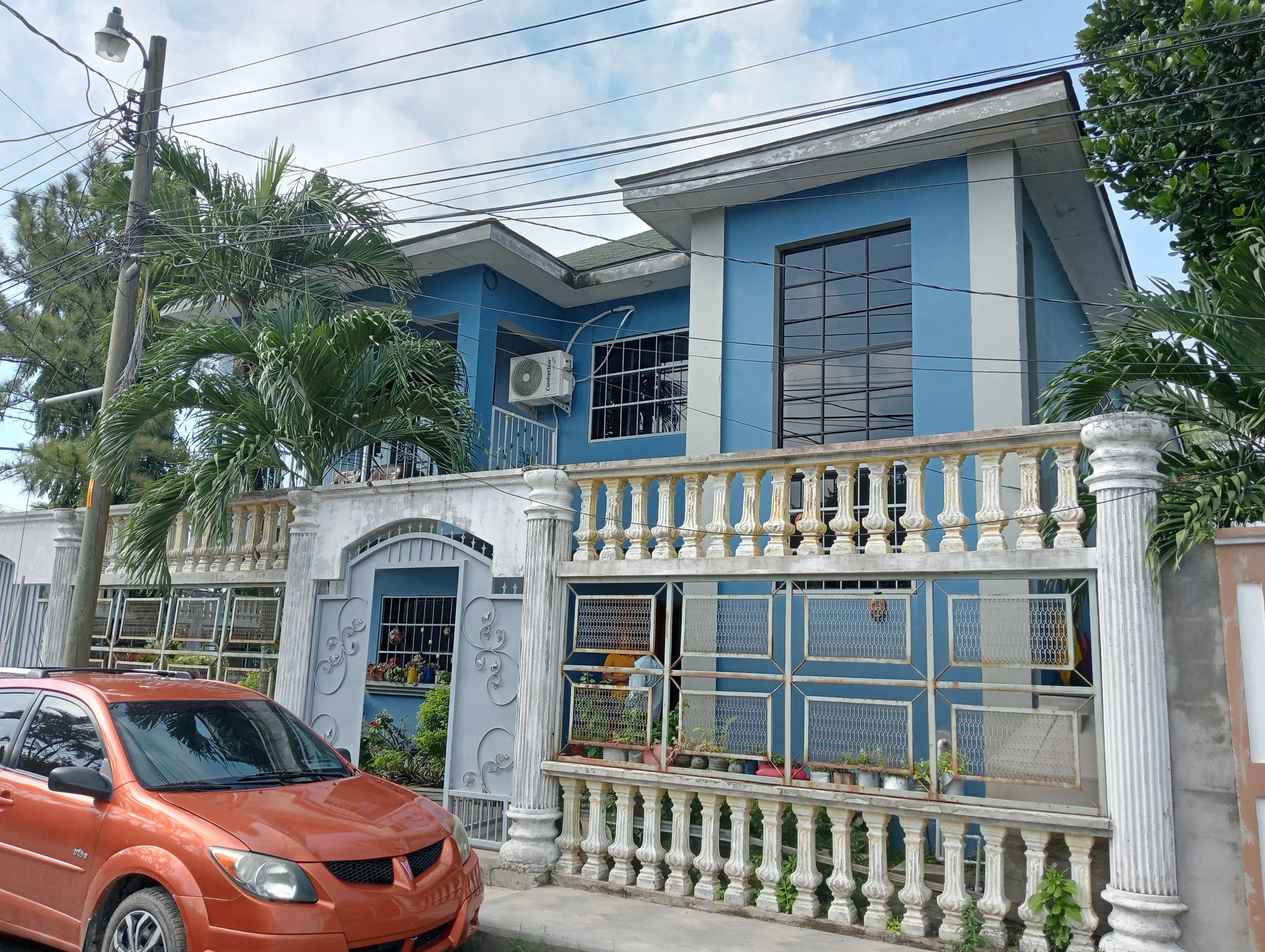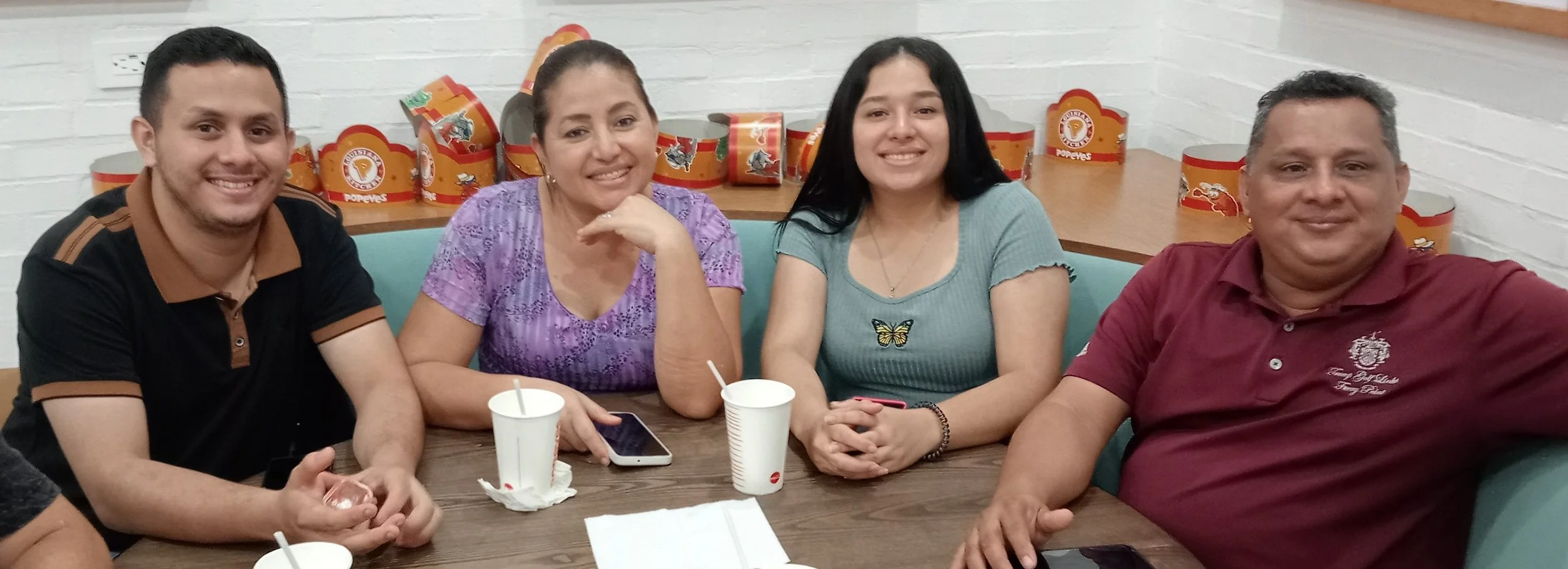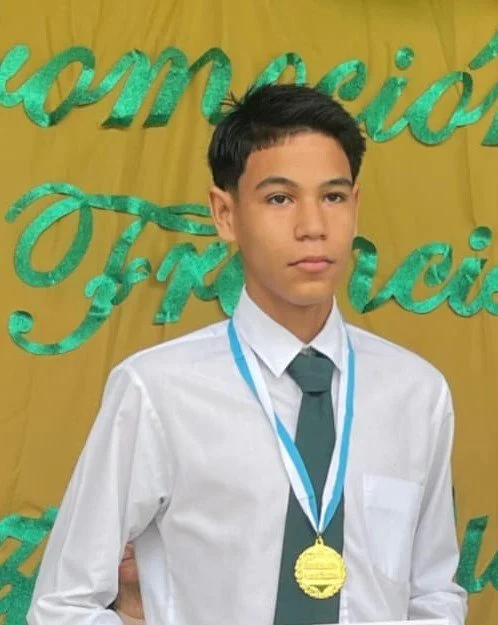EMPOWER HONDURAS: introduction
El Salvador and Honduras are reputedly the world’s most violent countries [that are not in civil war]. Honduras’s second city, San Pedro Sula is considered to be the world’s most violent city. Reportedly, some years, it has had a homicide rate of 86.5 people per 100,000.
It is thought that the largest group of unaccompanied young men trying to cross the Mexican border into the USA are from Honduras. The four main causes for this are: fleeing from corruption, the now common occurrence of climate change disasters, unemployment, and of course, gang violence. Very recently, one of the pastors who we are working with told us that 75 of the 350 young people that he had been working with have disappeared - having now headed on up to the USA/Mexican border.
“…in the communities where we work, it is not an option to become a gang member, but an obligation.” A quote from one of our Empower Board Members
our progress
In late 2023 we purchased then refurbished a large run-down (6 bedroom, 4 bathroom) house located in a northern suburb of San Pedro Sula. This was just in time to take our first group of boys. But now we have run out of room and are building a two storey addition so that we can care for up to 25 boys.
The property was purchased from an elderly gentleman who sold it to us for half price, USD89,000. We did not need to pay a deposit and merely have to make monthly rental payments of USD700/month until the house is fully paid off. If we were to rent a house of this quality and size, the monthly rental would be more than USD 1,000. Our Central American friends are amazed by this and see it as “a God thing.”
Above: A lovely Christian family. Together, they run the home. What a catch! Our house father’s vision is to see 20 homes planted in Honduras!
In Honduras we have the same modus operandi as everywhere else where we work – partnering with local Christian leaders as opposed to sending Western personnel. Commonly, our board members are pastors and community leaders who work and live among the gangs.
Our house father spends a lot of time communicating with fellow Christian leaders so that we may find the “right boys” for the home. These are boys aged 12-15 years, ambitious, and from backgrounds that make them very at risk of joining gangs. Importantly, the boys’ guardians must see this as a golden opportunity for their kids and encourage them in it.
The guys are enrolled in a private Christian school that sees many students advance to tertiary study. The school principal - who has a great heart for mission work - loves what we are doing and has given us something like a 15-20% discount.
Of our current 10 boys, several come from one of our board members - a pastor who has been running a community work in the worst area within the worst suburb (Chamelecón) in one of the world’s most violent cities (San Pedro Sula). I am told that the zone where the boys come is run by a particular gang as opposed to the government.
In this video, our boys have just watched a a presentation on our ministry in Asia,. He shares his thoughts.
See what happens when you empower people who want to get ahead? Congratulations to our first batch of five boys who had averages of 99%, 98%, 96%, 87%, and 86% for their term results. Congratulations to our lad below who topped his grade and who we expect will become school dux/valedictorian.
Click on the link below to view a video update on our progress.
TESTIMONY:
Juan (not his real name) was rejected by his parents and so ran away from home. He was basically living on the street when a woman discovered him. Feeling sorry for him, she invited Juan to stay at her home. He lived with her for two years. She could not afford to send him to school, so instead he helped her husband eke out a meager living. Sadly her husband has become incapacitated and cannot work. Juan had been living in the operation center of a gang in a particular zone of San Pedro Sula. This zone is run by the gangs, not the government.
When this woman (mentioned above) heard about Empower Honduras, she decided to go look for Juan’s biological mother so that she may authorize Juan to enter our project. His mother has allowed this. Juan is an obedient boy who is keen to commence study in grade 7.
What makes Juan so at risk of becoming a gang member is that he comes from a gang-controlled zone, he has lost his main father/male role model, he has been abused, his education has been truncated and he has been rejected by his family. Juan is poor and spends too much time on the street. Apart from his new “mother”, nobody had cared for him. These factors make him an ideal recruit for the gangs.
In order to seek protection and notify police of our work, we invited them along to run a four-part seminar for the boys. This also plays a role in the boys developing a positive attitude towards the police.
Governance: Empower Honduras is legally incorporated under EMPOWER INTERNATIONAL NEW ZEALAND.



